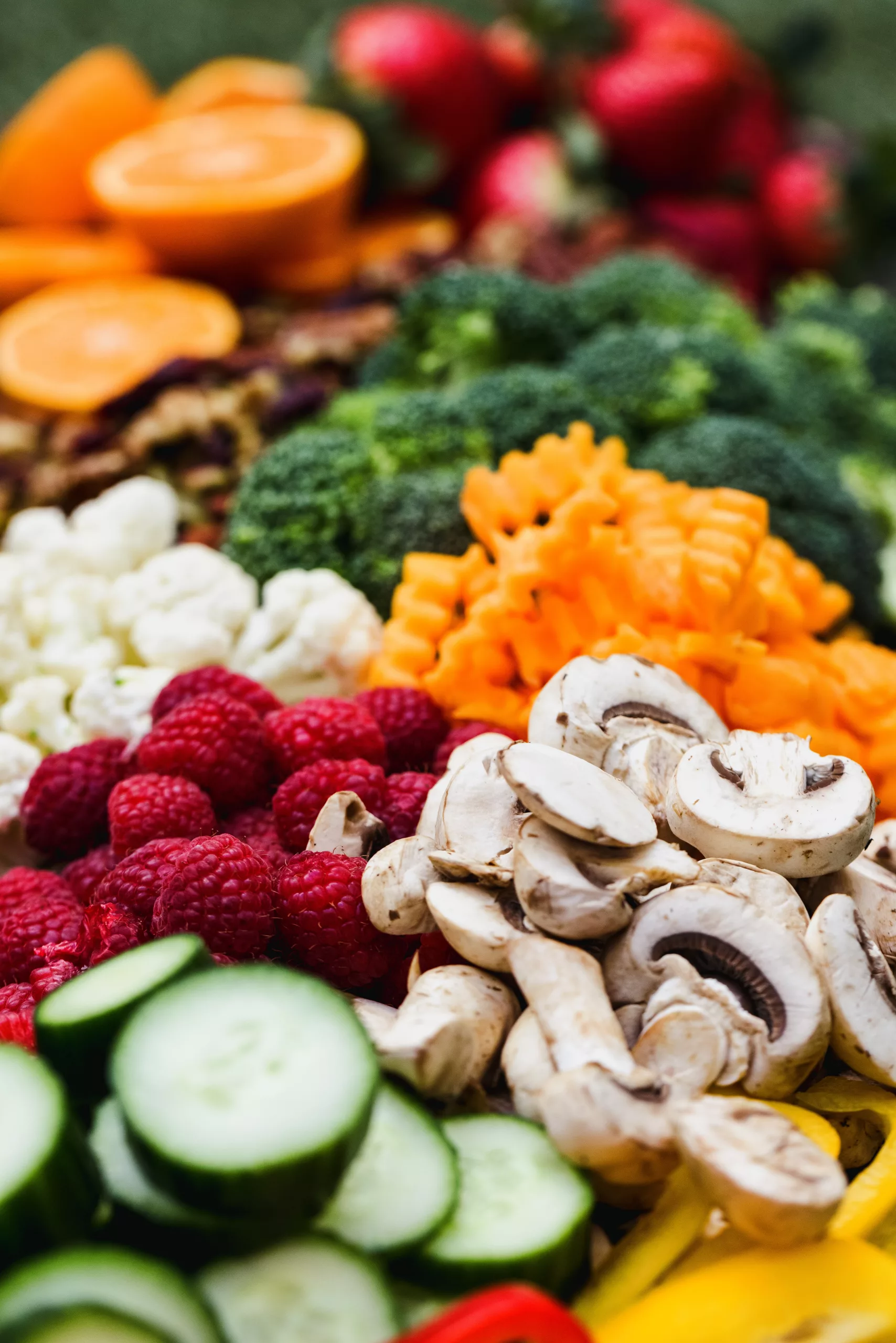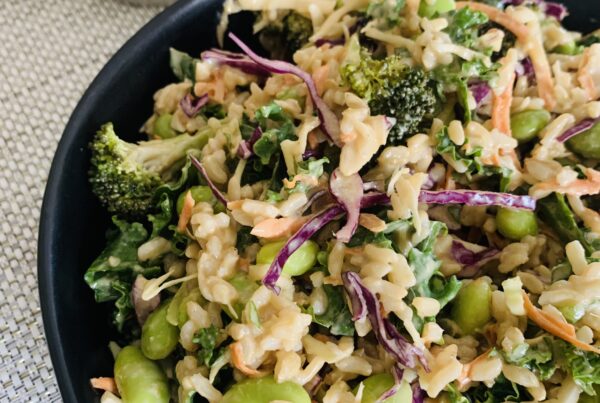Does the best diet even exist? If you’ve tried different diets and still wonder what exactly you should eat, keep reading to understand what it actually means to have a healthy diet from a functional nutrition perspective.
Long story short, the best diet is the one that works for you. What you should eat depends on your lifestyle, genes, health history, and other variable factors that influence your needs. That keto diet, hormone balance diet, or paleo diet, might work for you, but is it sustainable for your health? Is it really doing you a favor in the long run? Do you have a nutritionist guiding you?
These are some questions to ask yourself when considering changing your diet. I believe that navigating our diet in times like today is one of the greatest challenges that society has ever encountered. (Am I sounding too dramatic?) There are overwhelming options of diets, foods, brands, restaurants, and MARKETING strategies out there trying to tell you what to eat. The scary part is to question how many of them are genuinely concerned about your health the same way you are…
Even with this loud mess out there, it’s no secret that diet is a very personalized need we have. What works for you, may not work for me. We have a unique biology characterized by our lifestyle, genes, health history, and other factors that influence our needs, so following the same diet as your partner or family member trying, may not get you the same results they are getting.
How to find out what works for you?
As a general rule, our physiology likes diversity, a well-balanced diet, and quality. From there, the variables factors come into play. If you have specific health issues and goals, working with a nutritionist will help you figure out what’s best for you.
Diversity
That’s what it means to eat the rainbow. A diverse diet will provide the MACRO and MICRO nutrients your body needs to make the magic happens. Enzyme production, hormone manufacturing, and all metabolic activities need nutrients. While we can’t measure exactly how much of them we are eating, having a diverse diet is the first step to assure we get them all. Depending on your lifestyle, signs, and symptoms, there are certain foods a nutritionist may recommend you eat more. Lab tests can be a powerful tool to determine nutrient depletion in some cases, but first and foremost, get on a diverse diet made of WHOLE FOODS like fruits, vegetables, legumes, plants and animal protein, nuts, seeds, and healthy fats.
Balanced diet
Again, it depends on your unique needs, but meals composed of 40% carbs, 30% protein, and 30% fats are a good start unless you have specific health issues and goals that require a different nutritional intake. Endurance athletes, for example, can benefit from more carbs, while someone fighting cancer can benefit from more protein and fat.
Carbs, protein, and fats are macronutrients and the human body ideally wants all of them to function happily. Understand better about macronutrients here.
Quality
Here is where we talk about processed foods. Please, read…. To learn more about it. Food quality isn’t only about flavor and texture, it is more about nutrient density. WHOLE FOODS are nutrient-dense, meaning that foods in their organic form are full of nutrients of quality, while processed foods are not.
Every single cell of the human body needs nutrients to make energy and work. Without the quality factor, the quality of energy and work they put out just won’t be as good as it can be.
If there’s something I wish everybody could experience is the feeling of “feeling good, alive, and strong”, because, a lot of us just don’t know that we can actually feel much better than what we currently experience.
That is what I want for myself and what I want for you too, TO FEEL BETTER, so you can be healthy, active, have fun, work, and do everything you want.
What can you do?
1 – Sorry, not sorry, but cut ultra-processed foods. Learn more about it here.
2 – Eat the rainbow. Simply choose colorful whole foods.
3 – Try new foods, like that vegetable you’ve never heard about but it’s in season.
4 – know what macronutrients are. Understand better about it here.



